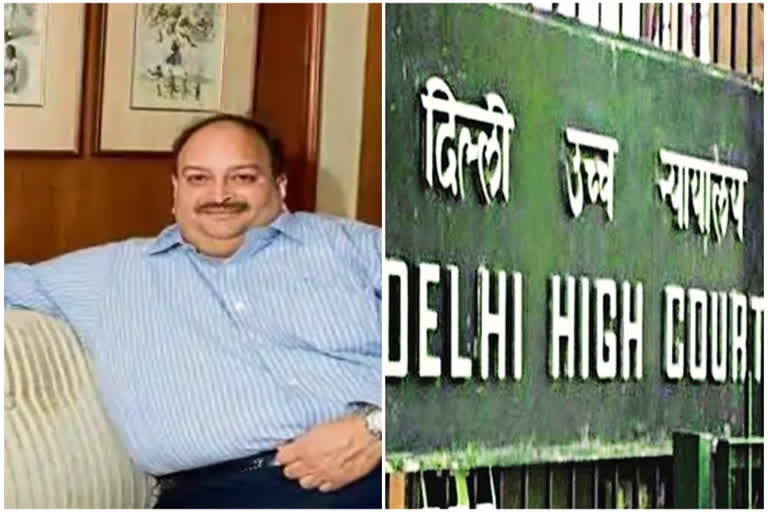New Delhi: Businessman and diamantaire Mehul Choksi, who is an accused in the PNB scam, during the hearing on an appeal against Netflix's documentary titled "Bad Boy Billionaires" on Wednesday asked the Delhi High Court whether the streaming service is permitted to violate an individual's fundamental rights.
On September 22, Netflix said in its affidavit filed in the High Court that the series would not affect their case. On September 7, the Court while hearing this petition issued notice to Netflix and the Central Government.
A division bench of Chief Justice DN Patel and Justice Prateek Jalan, hearing Choksi's petition against a single-judge bench order dismissing his plea seeking pre-screening of the documentary, slated the matter for further hearing on Thursday.
Appearing for Choksi, advocates Aggarwal, Mudit Jain and Ashul Agarwal argued that it is a travesty of justice that a person had approached the writ court for protection of his fundamental rights to a fair investigation, which is a facet under Article 21 of the Constitution of India; however, he was relegated to avail his remedies before the civil court.
ALSO READ: Jaipur's long-running dream of a Film City continues
Senior advocates Neeraj Kishan Kaul and Dayan Krishnan, appearing for Netflix, argued that the appellant is not entitled to any relief, as he is not a Citizen of India, as he has forsaken his citizenship, and therefore, not entitled to the protection of any fundamental right.
The said argument was responded by Aggarwal stating Mehul Choksi left India prior to any registration of FIR by the Central Bureau of Investigation (CBI) and thus, his not being in India cannot be read against him.
The plea stated that the petitioner is a citizen of Antigua and Barbuda, was the promoter of Gitanjali Gems Ltd and has been falsely accused of various crimes in India, and is presently under investigation or standing trial by and before various authorities and/or courts.
"The settled principle has always been and must always remain that trial by media cannot be permitted and Courts are obligated to intervene and protect the rights of the accused where a premature or unfair portrayal in a motion picture would unfairly prejudice the accused person's investigation or trial," the plea has said.
(with inputs from ANI)



